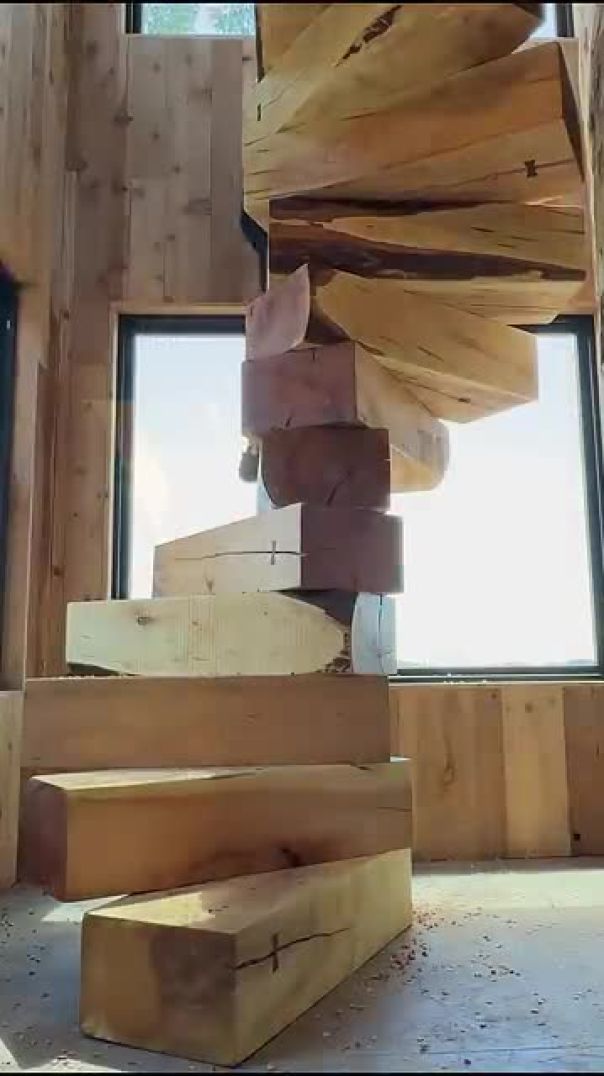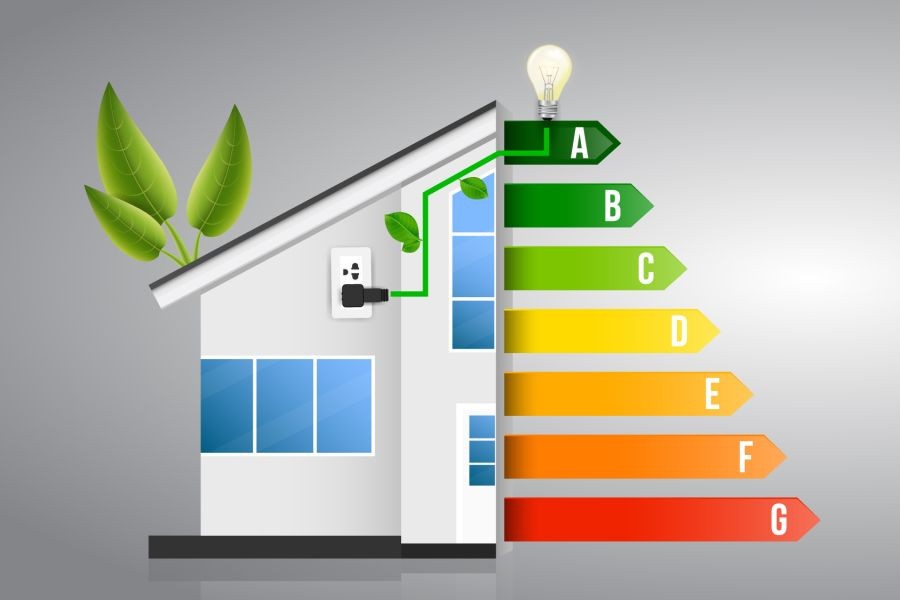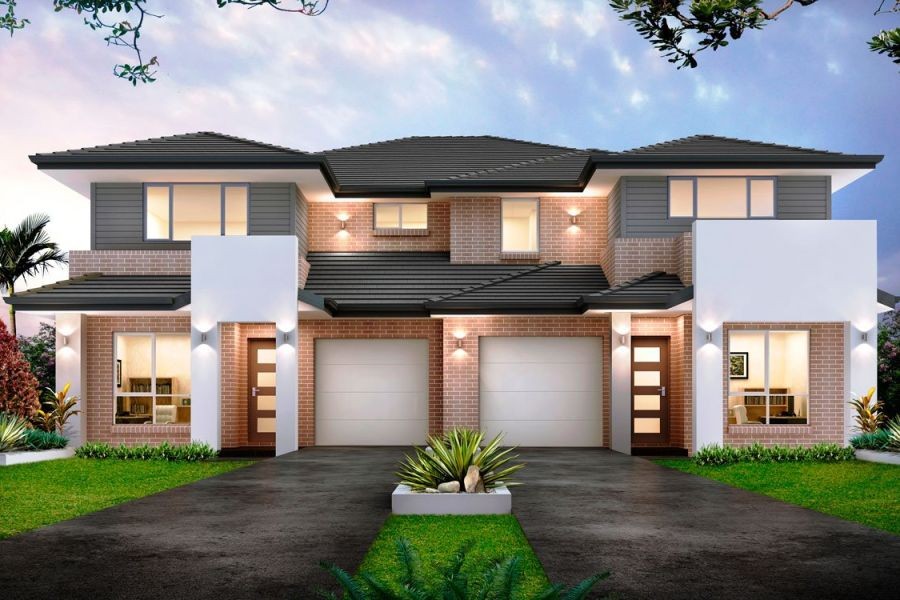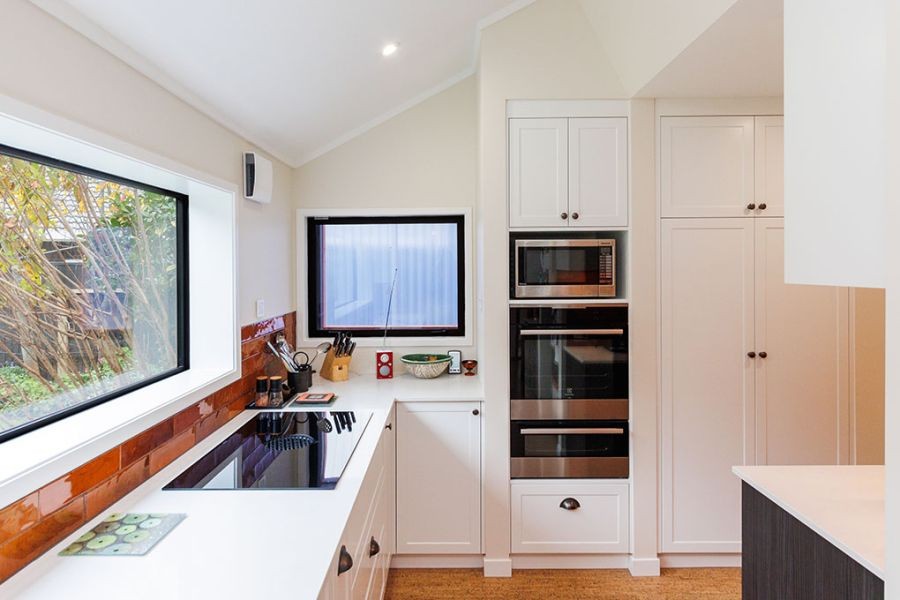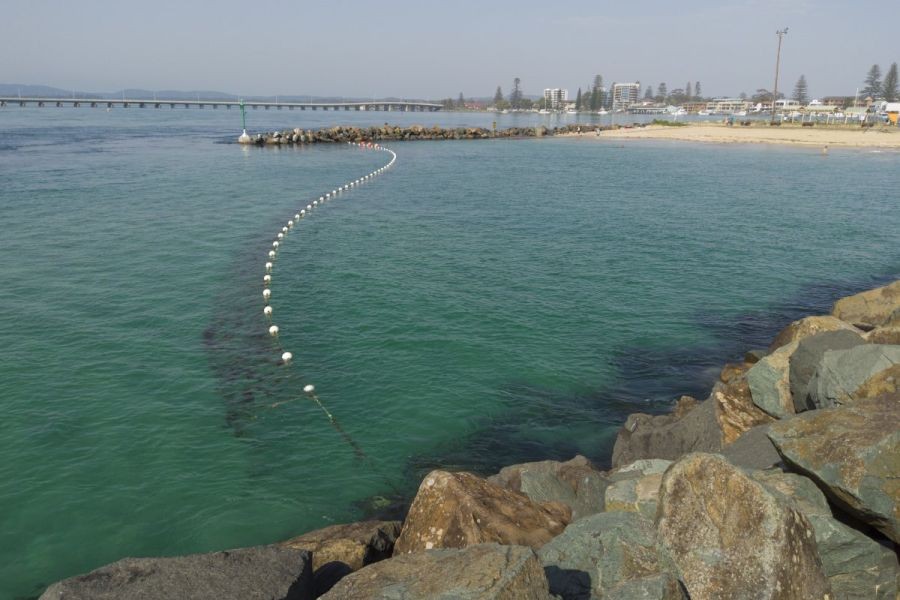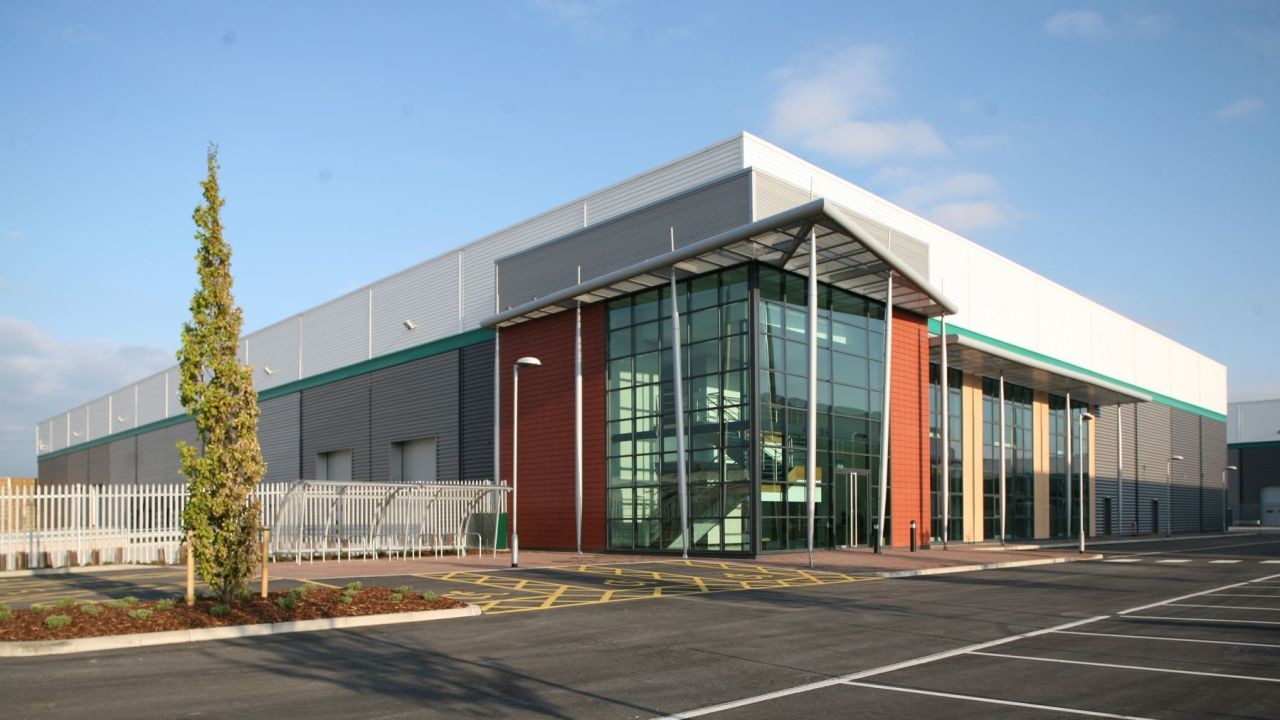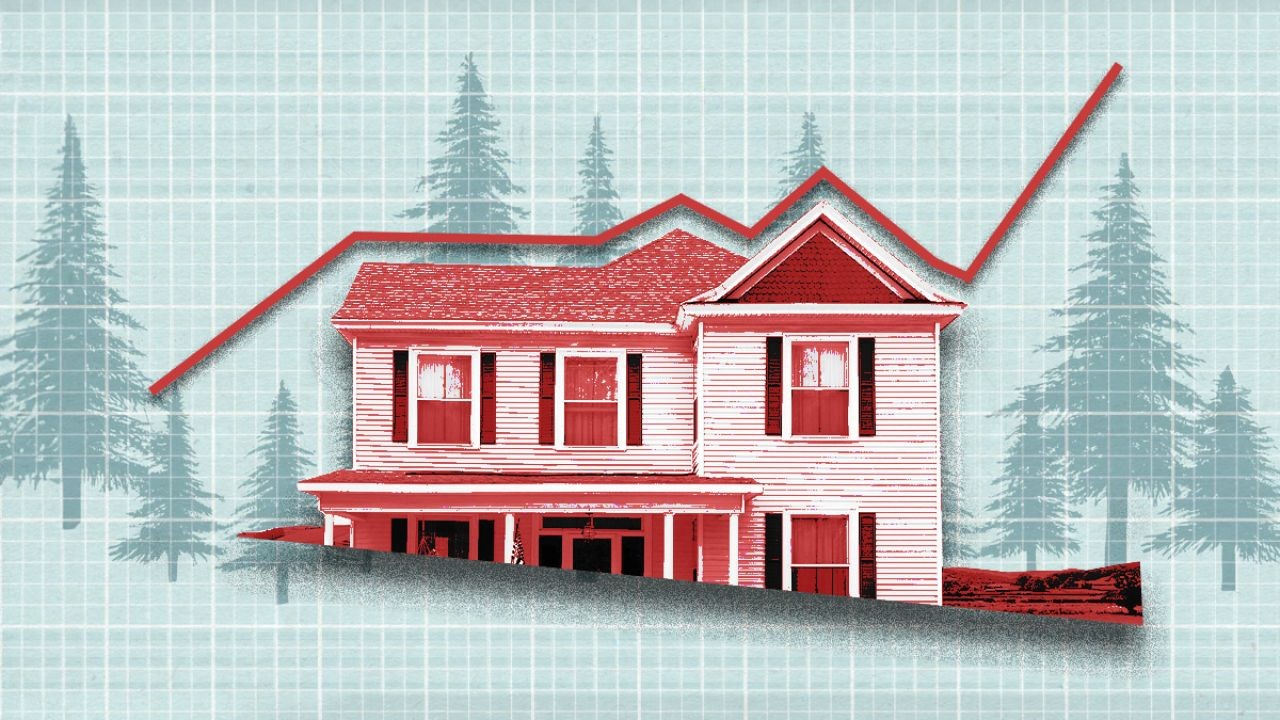Energy efficiency is no longer just a buzzword; it's a crucial aspect of modern home renovations, especially in New Zealand, where sustainability and environmental consciousness are deeply embedded in the culture. As the country embarks on a journey towards a sustainable future, making homes more energy-efficient is both an economic and environmental imperative. This article delves into the strategies and innovations that can transform New Zealand homes, enhancing both comfort and value.
Understanding the Importance of Energy-Efficient Homes in New Zealand
New Zealand's commitment to sustainability is reflected in its ambitious goals to reduce carbon emissions and promote renewable energy. According to the Ministry of Business, Innovation and Employment (MBIE), residential energy use accounts for about 12% of New Zealand's total energy consumption. With rising energy costs and increasing awareness of environmental impacts, energy-efficient homes offer a practical solution to reduce both carbon footprints and utility bills.
The government has introduced several initiatives, such as the Warmer Kiwi Homes program, which subsidizes insulation and heating costs, underscoring the importance of energy efficiency. This not only benefits the environment but also enhances the quality of life for residents by providing healthier, more comfortable living spaces.
Key Strategies for Energy-Efficient Home Renovations
1. Insulation: The Foundation of Energy Efficiency
Insulation is the cornerstone of any energy-efficient renovation. Inadequate insulation can lead to significant heat loss, particularly in older homes. Retrofitting with high-quality insulation materials can drastically reduce energy usage. The New Zealand Building Code provides guidelines on the required R-values (a measure of thermal resistance) for different regions, ensuring homes are equipped to handle local climate conditions.
2. Energy-Efficient Windows and Doors
Windows and doors are major culprits for heat loss. Double-glazing windows and installing weather strips can significantly improve a home's thermal efficiency. According to a report by Stats NZ, double-glazed windows can reduce heat loss by up to 50%, contributing to substantial energy savings.
3. Harnessing Solar Power
Solar energy is abundant and offers a sustainable alternative to traditional energy sources. With New Zealand's average sunshine hours ranging between 2,000 to 2,500 per year, solar panels can be a viable investment. The upfront cost can be offset by long-term savings and government incentives, such as the Sustainable Energy Loan Scheme.
4. Smart Home Technology
Smart home technologies offer innovative ways to manage energy consumption. Automated systems can optimize energy use by adjusting lighting, heating, and cooling based on occupancy and time of day. For example, smart thermostats can reduce energy bills by up to 10%, according to a study by the University of Auckland.
Case Studies: Real-Life Transformations
Case Study: Sustainable Renovation in Wellington
Problem: A Wellington family faced high energy bills and an uncomfortable home environment due to poor insulation and outdated heating systems.
Action: They upgraded their home with new insulation, double-glazed windows, and a high-efficiency heat pump. They also installed a solar power system to offset energy costs.
Result: Within a year, the family reduced their energy bills by 35% and improved indoor comfort significantly.
Takeaway: Integrating multiple energy-efficient solutions can lead to substantial savings and enhanced living conditions.
Case Study: Auckland’s Eco-Friendly Home
Problem: A homeowner in Auckland wanted to reduce their carbon footprint and improve their home's energy efficiency.
Action: They implemented a comprehensive renovation plan, including solar panels, smart home technology, and rainwater harvesting systems.
Result: The home achieved a 50% reduction in energy usage and became a model for sustainable living in the community.
Takeaway: A holistic approach to energy efficiency can transform homes into sustainable havens.
Data-Driven Insights on Energy Efficiency
Statistics from the Reserve Bank of New Zealand indicate that energy-efficient homes typically command higher market values, with a premium of up to 10%. This not only makes them attractive to environmentally conscious buyers but also ensures a good return on investment for homeowners. Furthermore, energy-efficient homes are more resilient to energy price fluctuations, providing financial stability in the long run.
Pros and Cons of Energy-Efficient Renovations
Pros:
- Cost Savings: Reduced energy bills and potential eligibility for government incentives.
- Increased Property Value: Energy-efficient homes are in high demand, often fetching higher prices.
- Environmental Impact: Reduced carbon footprint and contribution to sustainability goals.
- Improved Comfort: Better insulation and heating systems enhance living conditions.
Cons:
- Initial Cost: High upfront investment for renovations and technology installations.
- Complexity: Renovations can be complex, requiring professional expertise and planning.
- Technology Maintenance: Smart home systems may require ongoing maintenance and updates.
Common Myths and Mistakes in Energy-Efficient Renovations
Myth vs. Reality
Myth: Energy-efficient renovations are too expensive for the average homeowner.
Reality: While the initial costs can be high, government incentives and long-term savings make these renovations accessible and financially viable.
Myth: Solar panels don't work in cloudy areas.
Reality: Solar panels can still generate electricity on cloudy days, making them effective even in less sunny regions.
Myth: Double-glazing is unnecessary in mild climates.
Reality: Double glazing improves thermal efficiency, reducing energy bills regardless of the climate.
Future Trends in Energy-Efficient Home Renovations
As technology advances and the demand for sustainable living increases, the future of energy-efficient home renovations looks promising. Emerging trends include the integration of artificial intelligence in energy management systems, which can further optimize energy usage. Additionally, advancements in building materials, such as phase-change materials that better regulate temperature, will revolutionize the way homes are constructed and renovated.
According to a report by McKinsey & Company, the global market for energy-efficient home technologies is expected to grow by 8% annually, driven by consumer demand and regulatory pressures. In New Zealand, this trend will likely be accelerated by government policies and incentives aimed at achieving net-zero emissions by 2050.
Conclusion: Your Path to an Energy-Efficient Home
Embarking on energy-efficient home renovations offers a multitude of benefits, from cost savings to environmental impact. As New Zealand continues to prioritize sustainability, homeowners have a unique opportunity to contribute to the country's goals while enhancing their living spaces.
Ready to make your home more energy-efficient? Start by assessing your current energy usage and exploring the available technologies and government programs that can aid in your renovation journey. Share your experiences and insights in the comments below, and let’s build a more sustainable future together!
People Also Ask (FAQ)
How can I make my home more energy-efficient in New Zealand? Start with insulation improvements, followed by installing double-glazed windows, solar panels, and smart home technology. Check local government incentives to offset costs.
Are energy-efficient renovations worth the cost? Yes, they offer long-term savings on energy bills, increase property value, and contribute to sustainability goals, often outweighing the initial investment.
What is the role of government incentives in energy-efficient renovations? Government incentives, like the Warmer Kiwi Homes program, reduce the financial burden of renovations and encourage adoption of sustainable practices.
Related Search Queries
- Energy-efficient home renovations NZ
- Sustainable building materials New Zealand
- Solar panel installation costs NZ
- Government incentives for home insulation NZ
- Smart home technology energy savings
- Double glazing benefits NZ
- How to reduce energy bills in New Zealand
- Future of sustainable living NZ
- Top energy-efficient home upgrades
- New Zealand energy efficiency standards
